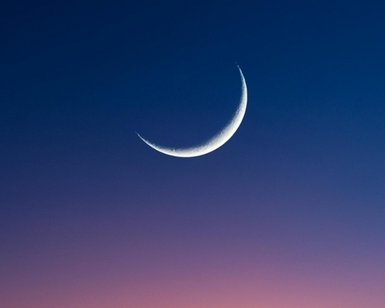American-born French performer Joséphine Baker will be entered into Paris' Panthéon mausoleum, making her the first Black woman to receive the honour. The Panthéon is a burial place for celebrated French icons such as scientist Marie Curie and writer Victor Hugo. Baker will be just the sixth woman to join some 80 national heroes.
Born in St Louis, Missouri in 1906, Baker rose to international stardom in the 1930s after moving to France to pursue a career in showbusiness. She was also a resistance fighter for her adopted country France during World War Two, and had a role in the civil rights movement in the US.
Her induction into the Panthéon recognises her contribution to the performing arts and her courage in actively resisting Nazi Germany during the war. While her body will remain buried in Monaco, she will be honoured with a memorial with a plaque, one of her children, Claude Bouillon-Baker, said.
French President Emmanuel Macron approved Ms. Baker's induction after a campaign led by her family and a petition with about 38,000 signatures. Her family had been requesting her induction since 2013, but only the president can approve entrants to the monument.
Thanking the president, government minister Agnès Pannier-Runacher said Ms. Baker was "a great lady, who loved France".
One of the campaigners, Jennifer Guesdon, said the decision had raised the profile of Baker, who was only known to some as an international star. She (Joséphine) enjoyed roaring success on the stage in the 1920s and 30s, wowing audiences with her provocative dance routines in Paris.
But it was her war-time work for the resistance that cemented her status in France, where she became a citizen after her marriage to industrialist Jean Lion in 1937. She used her celebrity connections to gather information on German troop movements which she passed on, scribbled on musical scores.
Throughout her life, Ms. Baker was an outspoken anti-racism activist. In 1963, she took part in the March on Washington alongside civil rights leader Martin Luther King Jr, when he delivered his historic "I Have a Dream" speech.
She died in 1975 and received French military honours at her funeral.











